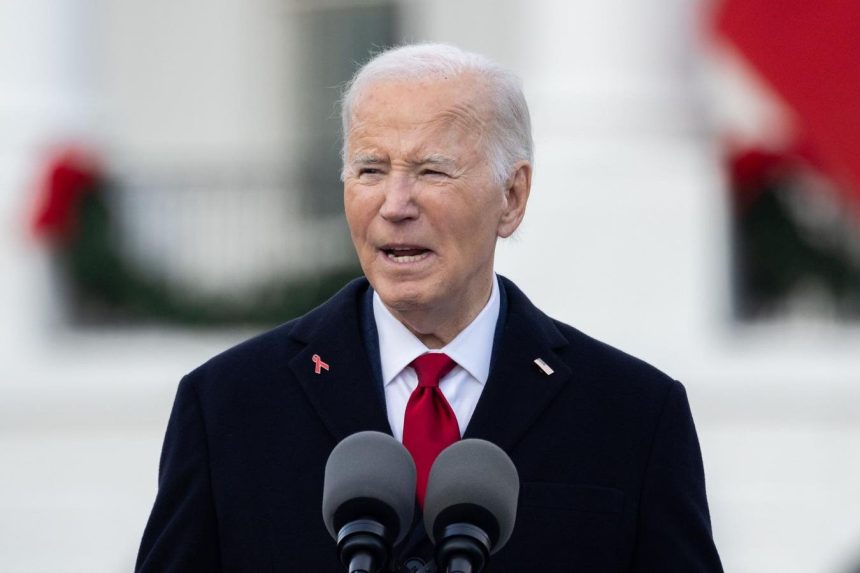The Looming Specter of Preemptive Pardons: A Political Chess Match in the Final Days of Biden’s Term
The political landscape is abuzz with discussions of preemptive pardons as President Joe Biden’s term draws to a close. Fueling the fire are recent developments, including Biden’s surprise pardon of his son, Hunter Biden, on felony tax and gun charges, and former President Donald Trump’s provocative calls for the imprisonment of members of the House January 6 committee while simultaneously suggesting they receive preemptive pardons. This complex interplay of political maneuvering has raised questions about the potential scope and implications of preemptive pardons, a rarely used executive power that could significantly impact the future legal landscape.
The backdrop to these pardon discussions is the escalating tension between the Biden administration and Trump, with the latter facing multiple criminal investigations and civil lawsuits. Trump’s rhetoric, accusing his political opponents of being "political thugs" and "creeps," has further heightened anxieties, particularly following reports that he may seek retribution against his perceived enemies if he returns to the presidency. These concerns have sparked conversations within the Biden administration about preemptive pardons for individuals potentially targeted by a future Trump administration, including prominent figures like Representative Adam Schiff, Representative Liz Cheney, and former National Institute of Allergy and Infectious Diseases head Anthony Fauci. Adding to the urgency is the reported nomination of Kash Patel, a staunch Trump ally, as FBI director, with Patel having publicly vowed to assist Trump in pursuing his political adversaries.
Beyond the immediate political drama, the discussion around preemptive pardons has broadened to encompass a wider range of potential recipients. Advocates and lawmakers are urging Biden to consider using his pardon power to address systemic issues within the criminal justice system. This includes calls for clemency for individuals serving lengthy sentences, particularly for non-violent drug offenses, the elderly and chronically ill, those on death row, and victims of domestic abuse. There are also ongoing campaigns for pardons for high-profile figures like WikiLeaks founder Julian Assange. This multifaceted debate underscores the complex and far-reaching implications of the presidential pardon power, which extends beyond individual cases to touch upon broader questions of justice and equity.
While the concept of preemptive pardons is not entirely unprecedented, its potential widespread use in the current political climate raises significant legal and ethical questions. Critics argue that such pardons could be seen as obstructing justice or shielding individuals from accountability for potential future crimes. Proponents, on the other hand, maintain that preemptive pardons are a necessary tool to protect individuals from politically motivated prosecutions and to address systemic injustices within the legal system. This tension between competing perspectives underscores the delicate balance inherent in the pardon power, which requires careful consideration of both individual circumstances and broader societal implications.
The case of Hunter Biden’s pardon has further intensified the debate surrounding preemptive pardons. While the president justified the pardon by citing the rarity of such prosecutions for lying on gun forms and the subsequent payment of back taxes, the decision has drawn criticism from both sides of the political spectrum. Some argue that the pardon represents preferential treatment for the president’s son, while others view it as a legitimate exercise of executive power within the context of a complex legal and political situation. This controversy underscores the highly charged nature of presidential pardons, particularly when they involve family members or individuals close to the president.
The ongoing discussions surrounding preemptive pardons highlight the significant power wielded by the president in the realm of criminal justice. As Biden’s term nears its end, the potential for a flurry of pardons looms large. The final weeks of his presidency will likely be marked by intense scrutiny of his decisions regarding clemency, as these choices will have lasting implications for individuals, the legal system, and the broader political landscape. These decisions will undoubtedly shape the legacy of his presidency and influence the ongoing debate surrounding the use and scope of the presidential pardon power.



